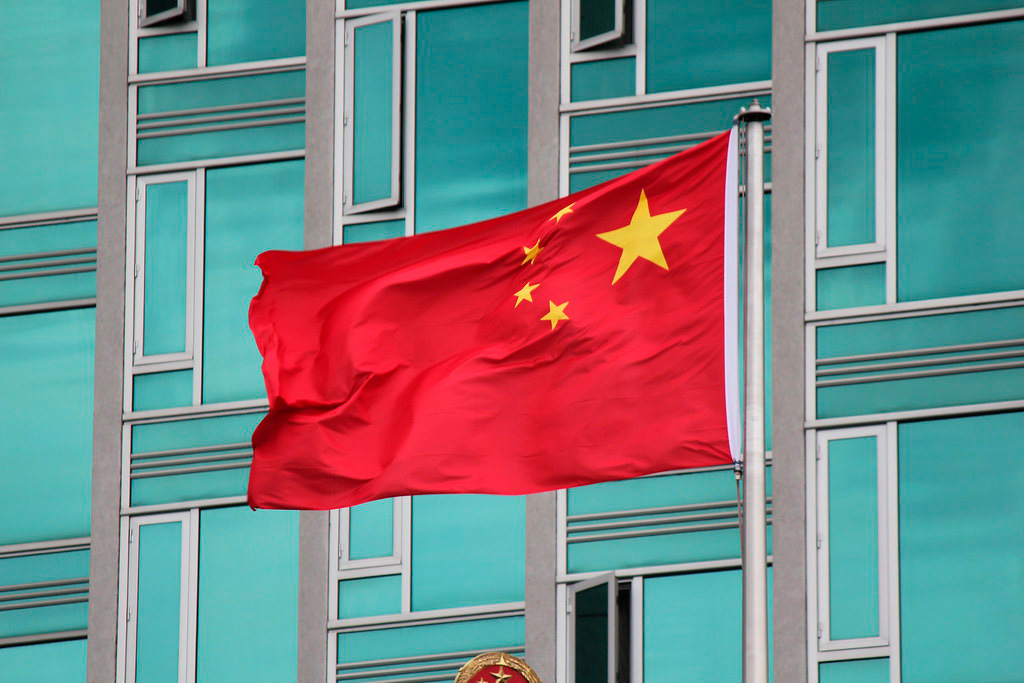China’s rise to power in many ways has enabled the growth of its business opportunities around the world. Apart from extending financial loans through its State-owned banks, China has also been silently exporting high-end military equipment to partner countries that do not seek to rely on American defence enterprises. Currently, Beijing is the fifth largest exporter of military equipment’s with around 5 percent share in the global export market in the sector. With large-scale exports to Bangladesh, Myanmar, Thailand, North Korea and others, China is exceedingly growing its export share by providing below average quality of equipment’s at lower costs.
A major concern among buyers has been the effectiveness and faulty equipment that has engrossed Beijing’s defence exports. Several reports have indicated the frustration among policymakers in recipient countries regarding the defective Chinese equipment they have received for cheaper rates that other competent exporters in the West. Examples of such instances do not run short, from China’s Asian partner to its growing comradery with African countries, China’s cheap yet hazardous alternatives have led to several fatalities of defence forces in importing countries. For instance, Beijing had exported two obsolete Ming class 035G submarines which turned out to be obsolete once it was imported into the Bangladeshi military. Bangladeshi officials also reported the issues with firing ammunitions loaded into the imported Chinese-built K-8W aircraft. Moreover, China also went on to sell six Y12e and MA60 aircrafts to Nepal that were rejected by Bangladesh for its unsafe safety mechanisms. In Myanmar, where Chinese exports have significantly increased since the military junta took over political power few years ago, concerns over the effectiveness of defence equipment has strained the rather cordial bilateral engagement between the two countries. The poor accuracy and the lack of beyond-visual-range missile as well as the airborne interception radar in the China’s JF-17 aircraft left Myanmar military personnel perplexed over the below average standard of Chinese defence equipment. Even Pakistan, who proclaims China as its all-weather ally has expressed serious dissatisfaction with the F-22P frigates. Poor overall performance as compared to its American counterpart as well various technical issues have resulted in Pakistan sidelining specific Chinese equipment for now. One such case is China’s indigenous FM90 (N) missile system that has been discarded in total due to its faulty imaging devices which lock on to targets.
It is however not only in the Asian continent where such issues have brought out the below average capabilities of Chinese defence equipment, but even in the African continent similar defectiveness concerns have strained Beijing’s bilateral relations. Its state-owned enterprise Chongqing Tiema Industries’s Norinco VN-4 armoured personnel carriers exported to Kenya have since resulted in deaths of several military personnel due to the ineffective protection mechanism incorporated in to the vehicle. The Nigerian military also reported several issues with the Chinese developed F-7 aircraft which were subsequently lost to accidents and crashes. A worrying concern has also been the reluctance of Chinese companies or officials to address defective concerns leading internal political questions for government officials.
A far more serious concern in these matters has also been the dependence on hardware China is creating among its defence importers. Its equipment has on purpose been made to be non-compatible with other foreign firms that produce competing products. This has led Chinese enterprises to exploit the necessary requirements of importing countries thereby furthering them into buying greater quantities. Bangladesh’s example is a case in point on the matter; its imports of defence equipment has reached 85% in a matter of few years where Dhaka is having to continue importing Chinese manufacturers hardware due to lack of its components in the international market. Nepal too in this case is a facing a similar situation. Kathmandu is being aggressively persuaded to procure military hardware worth NPR 2.5 billion but Chinese enterprises. These enterprises are also sweetening deals by bribing Nepali officials in order to secure dependency on Chinese defence equipment. In order to prevent such overtures, countries seeking such form of bilateral trade especially in the defence sector must essentially negotiate for better deals that just receiving average equipment. The case of Thailand serves as an important example for other nations to follow. Recently Thailand officials threatened to cancel a deal for the purchase of Chinese S26T Yuan Class submarines for its Navy, unless Beijing included German-made MTU 396 engines in its exports. Such examples must serve as an important reminder to global players that jeopardizing their defence budgets for greater Chinese cooperation is a risky political endeavour. Importing countries must soon realise that the safety of their defence forces must be paramount instead of seeking greater Chinese cooperation. In such cases, countries must seriously consider re-negotiating defence deals and ensure that accountability for faulty equipment must rest with the Chinese side. For if not, states importing defence equipment will soon have to face disastrous technical failures, costing them the lives of their defence forces.
thesingaporepost.com

